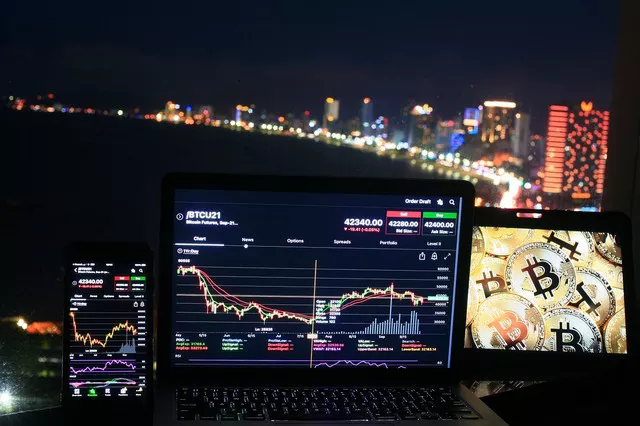Commodity futures and options are financial instruments that allow investors to trade commodities such as precious metals, oil, agricultural products, and more. These instruments can be used to manage risk, speculate on price movements, and diversify portfolios. In this article, we will provide a complete guide to commodity futures and options, including what they are, how they work, and some tips for trading them.
What are Commodity Futures and Options?
Commodity futures and options are contracts that allow investors to buy or sell a specific commodity at a specific price and date in the future. Futures contracts are standardized legal agreements that are traded on exchanges, while options contracts give the holder the right, but not the obligation, to buy or sell a commodity at a specific price and date in the future. Both futures and options contracts can be used to manage risk, speculate on price movements, and diversify portfolios.
Advantages of Commodity Futures and Options:
Can be used to manage risk
Can be used to speculate on price movements
Can be used to diversify portfolios
Disadvantages of Commodity Futures and Options:
Can be high-risk, high-reward
Can be complex and require specialized knowledge
How Do Commodity Futures and Options Work?
Commodity futures and options work by allowing investors to buy or sell a specific commodity at a specific price and date in the future. Futures contracts are standardized legal agreements that are traded on exchanges, while options contracts give the holder the right, but not the obligation, to buy or sell a commodity at a specific price and date in the future.
Advantages of Commodity Futures and Options Trading:
Can be used to manage risk
Can be used to speculate on price movements
Can be used to diversify portfolios
Disadvantages of Commodity Futures and Options Trading:
Can be high-risk, high-reward
Can be complex and require specialized knowledge
Tips for Trading Commodity Futures and Options
Understand the Market:
Before you start trading commodity futures and options, it is important to understand the market. You should have a good understanding of the factors that influence commodity prices, such as supply and demand, geopolitical events, and weather patterns. This knowledge can help you make informed trading decisions and minimize your risks.
Advantages:
Helps you make informed trading decisions
Minimizes your risks
Disadvantages:
Requires a good understanding of the market
Use Technical Analysis:
Technical analysis is a popular tool for trading commodity futures and options. It involves analyzing charts and using technical indicators to identify trends and potential trading opportunities. Technical analysis can help you identify key levels of support and resistance, as well as entry and exit points for your trades.
Advantages:
Helps identify trends and potential trading opportunities
Can help identify key levels of support and resistance
Disadvantages:
Requires knowledge of technical analysis
Manage Your Risks:
Managing your risks is crucial when trading commodity futures and options. You should always use stop-loss orders to limit your losses and avoid over-leveraging your trades. You should also have a clear trading plan and stick to it, even when emotions are running high.
Advantages:
Limits your losses
Helps you avoid over-leveraging your trades
Disadvantages:
Requires discipline and a clear trading plan
Keep Up with News and Events:
Keeping up with news and events that can impact commodity prices is essential when trading commodity futures and options. You should stay informed about supply and demand factors, geopolitical events, and weather patterns that can affect the market. This knowledge can help you make informed trading decisions and minimize your risks.
Advantages:
Helps you make informed trading decisions
Minimizes your risks
Disadvantages:
Requires staying informed about news and events
Practice with a Demo Account:
Practicing with a demo account is a great way to get started with trading commodity futures and options. A demo account allows you to trade with virtual money and test your strategies and skills without risking your own capital. This can help you gain confidence and experience before trading with real money.
Advantages:
Allows you to trade with virtual money
Helps you gain confidence and experience
Disadvantages:
Does not involve real money, so emotions may not be the same
Conclusion
Commodity futures and options can be high-risk, high-reward financial instruments that allow investors to trade commodities such as precious metals, oil, agricultural products, and more. By understanding the market, using technical analysis, managing your risks, keeping up with news and events, and practicing with a demo account, you can trade commodity futures and options with confidence and achieve your financial goals.


